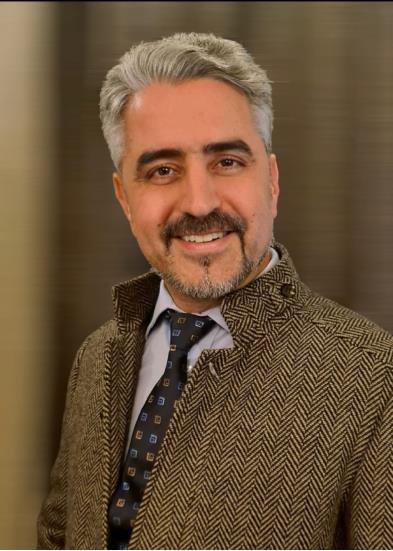
“I will always tell my students that your degree is like a bracelet on your arm. Everywhere you go, it will come with you. I tell them that I moved from Turkey to here and if I didn’t have my degree it would have been much more difficult to earn respect and get a job. I hope they take away that hard work always involves giving back.” This is the advice of Dr. Tarik Bor, the newest member of the Upper School faculty. This semester, Dr. Bor is stepping in for Mrs. Ballard’s AP Biology and AP Environmental Science classes.
Born in Germany and raised in Turkey, Dr. Bor earned his bachelor’s degree and his first master’s degree in Izmir, Turkey. He moved to the United States in 2006, after being selected for the Diversity Immigrant Visa Program, commonly known as the Green Card Program.
“At the time, I was in the middle of earning my Ph.D. [in food microbiology and biotechnology] in Turkey, so I started applying to programs in the U.S. Then I came across a master’s program, and I really wanted to start doing something, so I got my second master’s in food science and nutrition in Greensboro, North Carolina,” Dr. Bor explains.
Following graduation, Dr. Bor went on to work as a postdoctoral cancer researcher at Wake Forest University, specializing in glioblastoma brain tumors. Later, he taught microbiology as an associate professor at several universities, including A&T State University and Bethune Cookman University.
So, how did Dr. Bor find himself on Grandiflora Road?
“I was not satisfied with the first year college students. I thought that by working with high schoolers, I would be able to make more of a difference because I’d be helping the students earlier on. The things I didn’t like about the attitudes of the college students, I wanted to try and fix at the high school level,” shares.
The academic rigor of Benjamin’s AP Biology and Environmental Science programs have proven to be the perfect setting to test Dr. Bor’s hypothesis. “The AP Biology here is not very different from first-year college biology,” he said. “The smaller class sizes have allowed me to give more to the students than I could in large college lectures,” Bor shared.
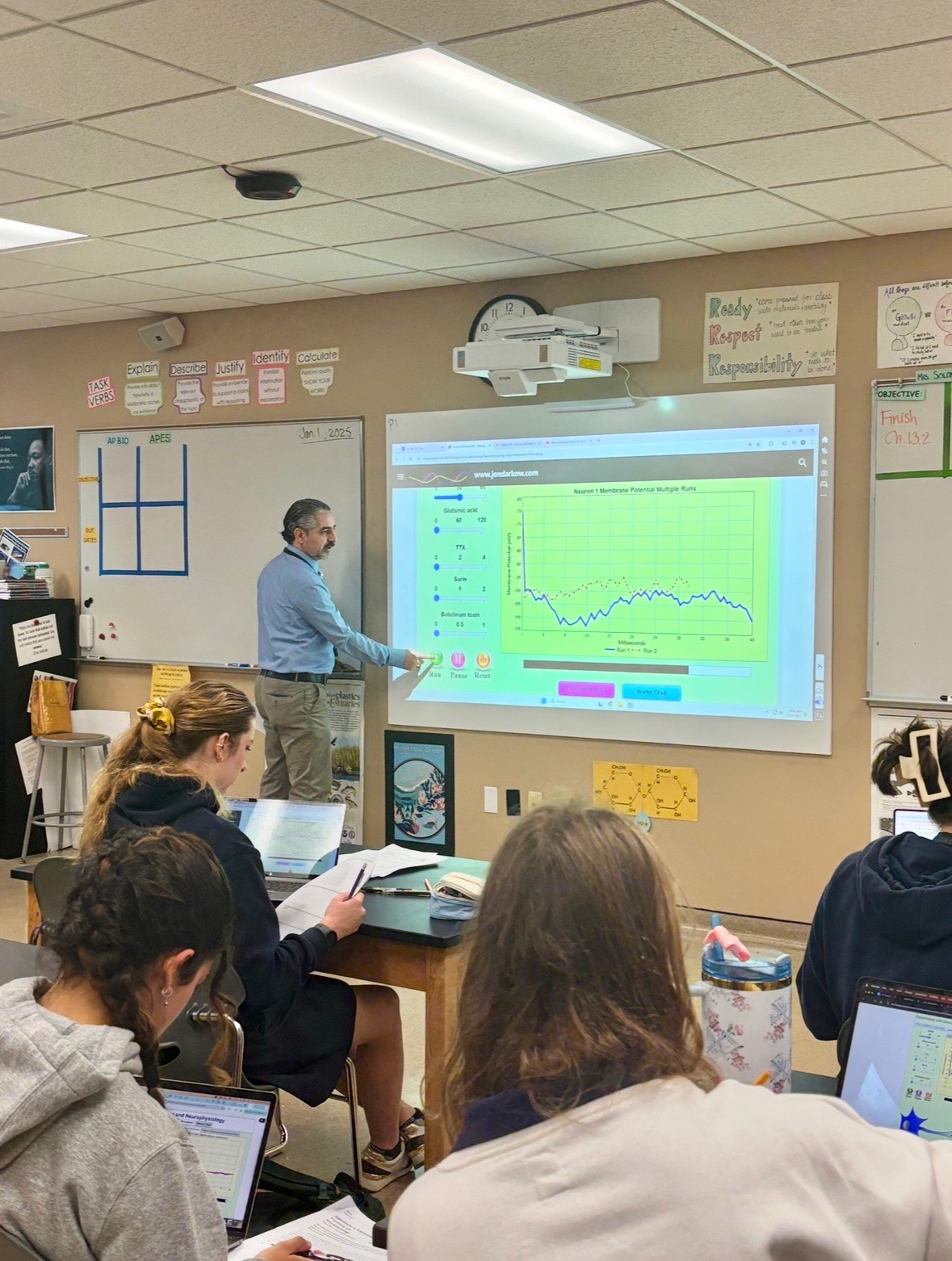
Dr. Bor draws on his diverse background to keep students engaged, using real-world examples to connect concepts. For instance, when teaching cell communication, he linked thet topic to both cancer and microbiology. “As long as I can give them examples they are familiar with, they will be engaged and interested,’’ Bor said.
Students have already noticed his interactive teaching style. “Dr. Bor has been great,” said Bridget Stein, a junior in AP Environmental Science. “He goes into lots of detail and makes sure we understand all the content. I really enjoy the way he uses acronyms to help us remember the material because it is very effective.
Owen Olbers, a junior in AP Biology agrees with Stein. “It’s only been a day or two since we returned from break but I think he’s really nice and can engage the class, he’s also very qualified and seems very professional and happy to teach us what he knows,” Olbers said.
Dr. Bor’s ability to connect with students isn’t just about making lessons engaging. It aligns with his broader goal to inspire and prepare them for success beyond the classroom.
A self-identified lover of song and dance, and a musician of the Turkish string instrument, (Bağlama). Dr. Bor seems to have much to offer away from the lab. Students and teachers may find it enlightening to welcome him by inviting Dr. Bor to draw, paint, or take a long walk, some of the many more activities he enjoys outside of school.




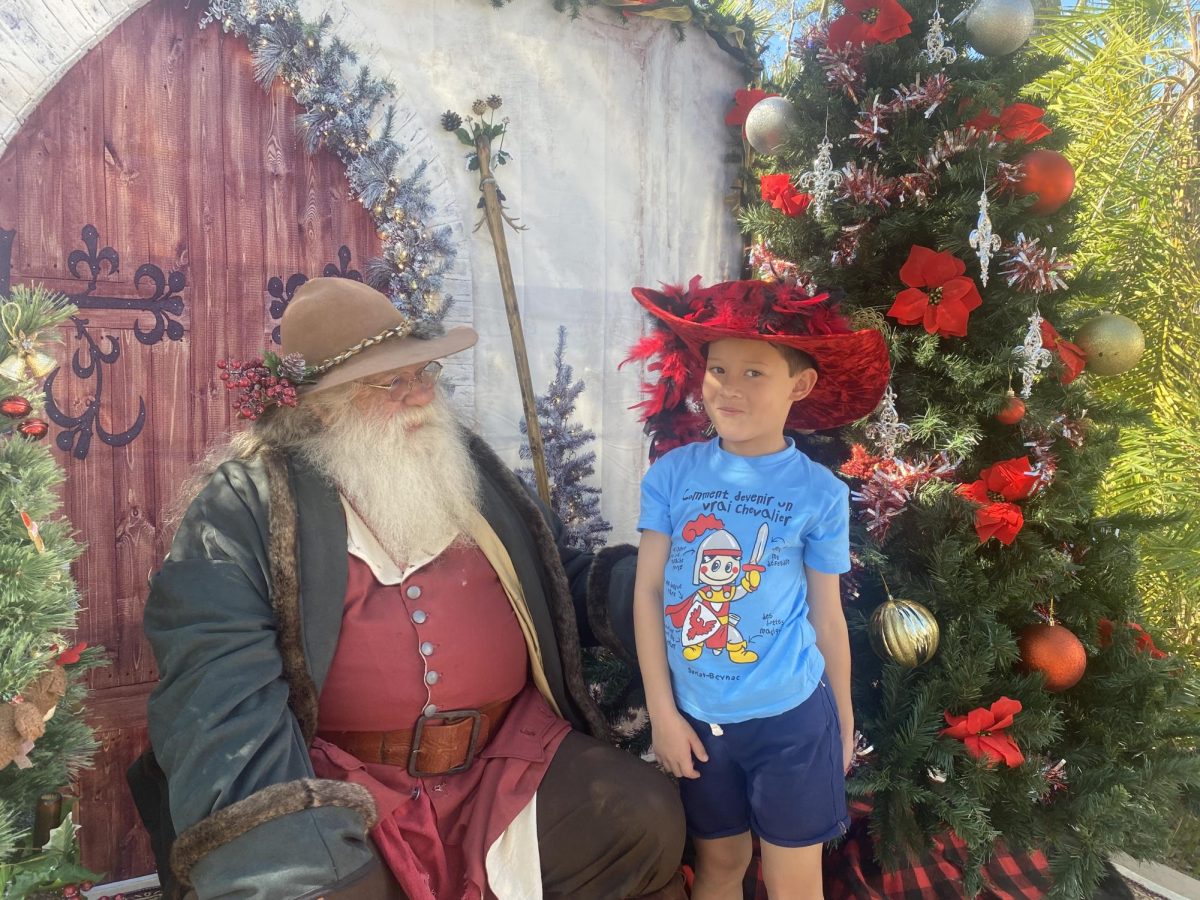
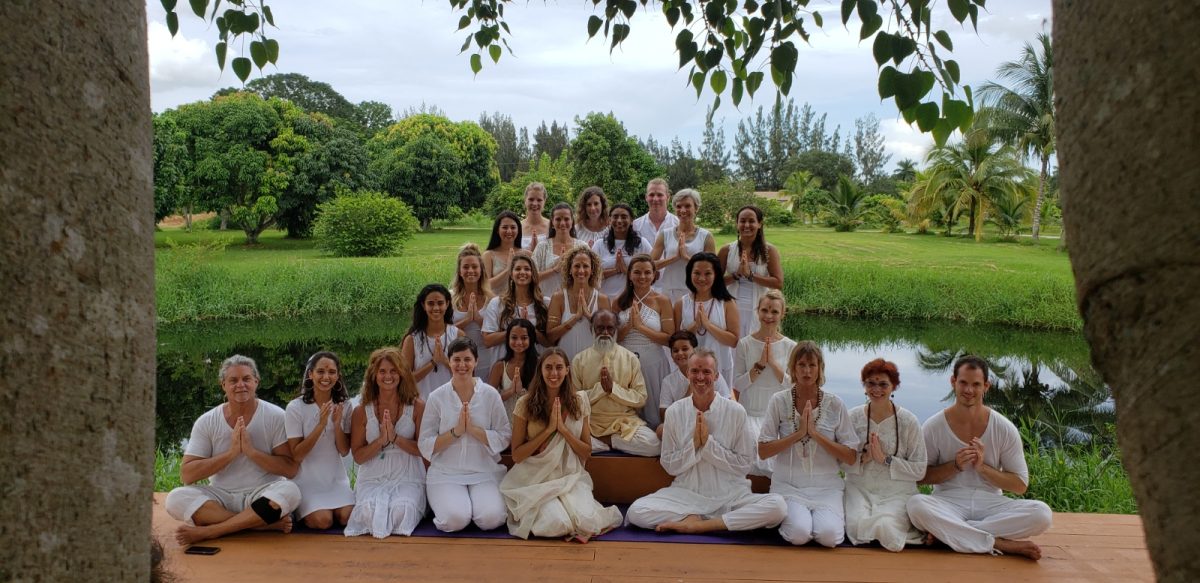

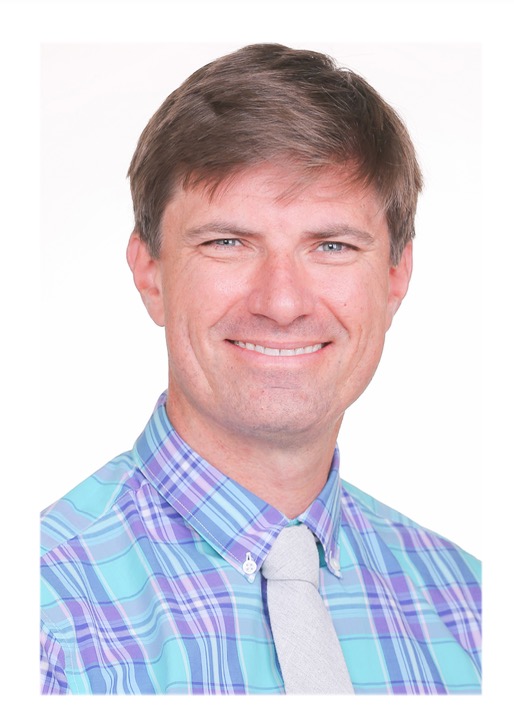
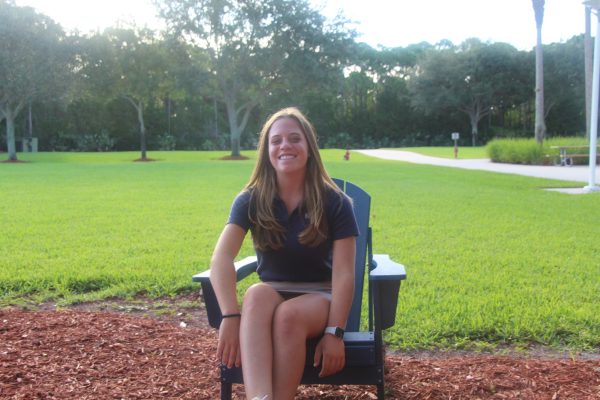
Sage Alexandra Sorenson • Feb 5, 2025 at 9:13 am
I’m absolutely a-BOR-ed by excitement!